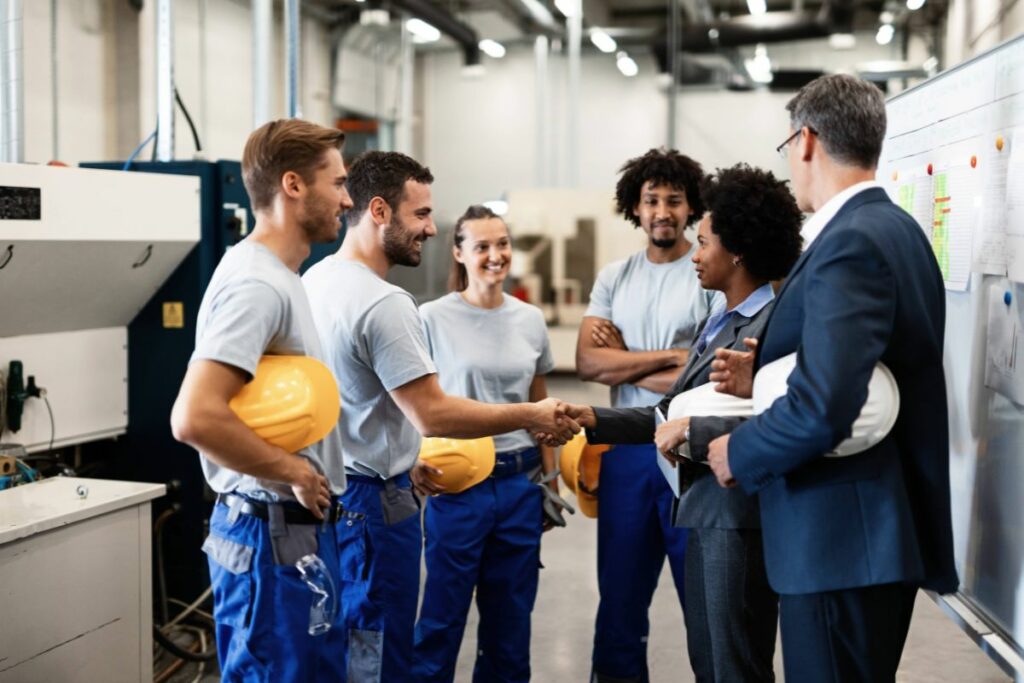
Welding is usually seen as a utilitarian skill, used primarily in construction, manufacturing, and automotive industries. However, its potential goes far beyond these sectors. Welding can play an important role in humanitarian aid efforts, making a significant impact on the lives of people in need around the world. In this blog, we’ll explore some of the types of welding projects that have been undertaken for humanitarian purposes.
Natural disasters such as earthquakes, hurricanes, and floods can leave thousands of people homeless. In such situations, providing refuge is a top priority. Welders can contribute by fabricating sturdy and durable emergency shelters, designed to withstand harsh weather conditions and provide a safe haven for victims and their families. Welded metal frames, along with reinforced walls and roofs, can make a significant difference in disaster-stricken areas.
Welding is essential in the manufacturing of medical equipment, such as hospital beds, wheelchairs, and surgical instruments. In humanitarian settings where access to quality healthcare is limited, these welding projects can be a lifeline. Charitable organisations often collaborate with skilled welders to produce medical equipment that is both cost-effective and durable, which helps improve the healthcare infrastructure in underserved regions.
Access to clean water and proper sanitation facilities is a basic human right, yet millions of people worldwide still lack access to these essentials. Welding plays a big part in constructing water tanks, pumps, and sanitation systems. By welding pipes, tanks, and filtration systems, welders can help ensure that communities have access to clean and safe drinking water, reducing the risk of waterborne diseases and improving overall hygiene.
In order to break the poverty cycle, education is essential. Welding projects aimed at building schools and community centers can make a lasting impact on the lives of children and adults alike. Skilled welders can contribute by fabricating structural components, such as steel frames and roof trusses, which are essential for constructing safe and functional educational and community facilities.
Agriculture is a major industry in many developing economies, and access to modern farming equipment can significantly increase productivity and food security. Welders can create and repair agricultural tools and machinery, including plows, irrigation systems, and storage facilities. These welding projects empower local farmers to improve their livelihoods and contribute to food sustainability in their communities.
Refugee camps often lack the basic infrastructure needed to support large populations. Welding projects can help address this issue by providing essential facilities like cooking stoves, latrines, and communal kitchens. Welders can also contribute by constructing fencing, security barriers, and gates to enhance safety within these settlements, ensuring a better quality of life for displaced individuals and families.
Welding can be used to create adaptive equipment for- people with disabilities, such as custom wheelchairs, prosthetic limbs, and mobility aids. These projects enable individuals with disabilities to lead more independent and fulfilling lives. Collaborations between welders and charitable organisations can help ensure that these individuals receive the specialised equipment they need.
Access to reliable and sustainable -energy sources is essential for improving living conditions in many underserved areas. Welding is crucial in the fabrication of solar panels, wind turbine components, and biomass energy systems. By contributing to renewable energy projects, welders can help reduce reliance on fossil fuels, reduce environmental impact, and provide communities with affordable and clean energy sources.
As you can see, welding is a versatile skill that can be used to face humanitarian challenges and make a positive impact on the lives of people in need. From disaster relief shelters to renewable energy solutions, the possibilities for welding projects in the realm of humanitarian aid are extensive. These projects not only provide practical assistance but also offer hope and the promise of a brighter future for those who need it most. Skilled welders and charitable organisations can work together to create a better world, one weld at a time.